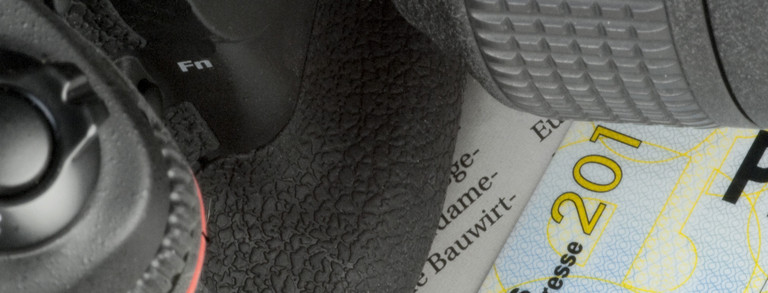EU Funds International Project on Self-Healing Batteries
- Top News
- Research
- Press Releases

“Various processes in conventional lithium-ion batteries cause them to stop working after a certain time,” says Stefan Palzer, Professor for Sensors and Project Coordinator of HealingBat. “That is why we will test the use of new materials that can heal the mechanisms that have so far caused the battery to fail and in this way significantly prolong its lifetime.” The researchers will embed sensors in the new class of self-healing batteries, which are based on lithium sulfur, that should detect problems as early as possible, as well as actuators that will then trigger the self-healing processes inside the battery.
In the HealingBat project, the team from the Professorship for Sensors at TU Dortmund University is collaborating with Helmholtz-Zentrum Berlin (HZB), Coventry University (United Kingdom), TU Delft (Netherlands), the Paul Scherrer Institute (Switzerland) and Fundació Institut de Recerca en Energia de Catalunya (Spain) and with the commercial partners CPI (United Kingdom), IDNEO (Spain), FI Group (Portugal) and SupraPolix (Netherlands). Of the approximately €5.8m in EU funding, around €800,000 have been allocated to TU Dortmund University.
EU Initiative
HealingBat is funded within the BATTERY2030+ Initiative, part of Horizon Europe. The objective of this EU initiative is for Europe to re-emerge as a global leader in the field of batteries by accelerating the development of underlying technologies in order to build a European battery cell manufacturing industry based on clean energy and circular economy.
Contact for inquiries:




![[Translate to English:] Partner Four hands are holding the green logo of TU Dortmund University](/storages/tu_website/_processed_/1/d/csm_Partner_Nicole_Rechmann_KW_670eba0154.jpg)




![[Translate to English:] Forschung An apparatus with tubes in a laboratory](/storages/tu_website/_processed_/0/c/csm_Forschung_Juergen_Huhn_4fa3153b51.jpg)
![[Translate to English:] Studium Five students are sitting in a lecture hall. They are talking to each other.](/storages/tu_website/_processed_/c/9/csm_Studium_FelixSchmale_dbdbfb0dd7.jpg)






